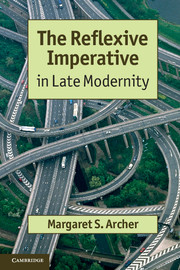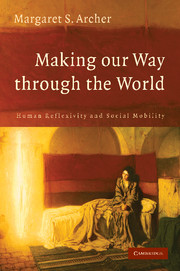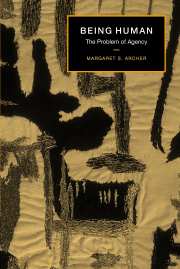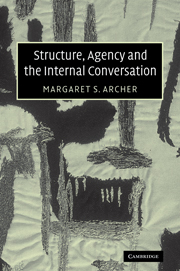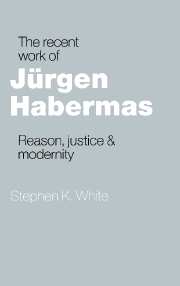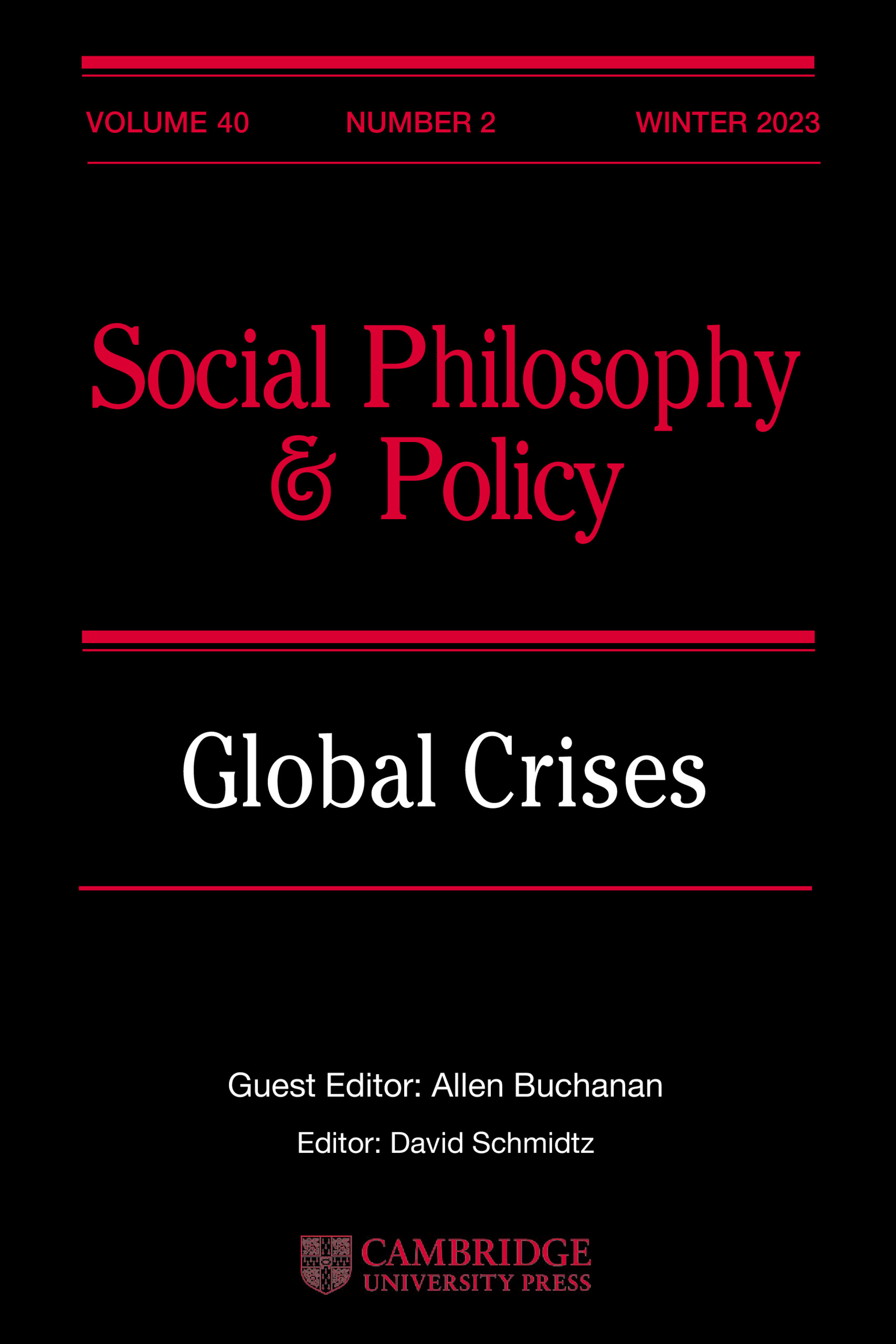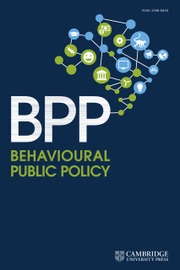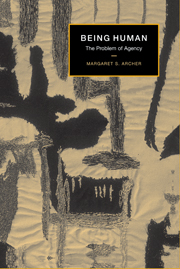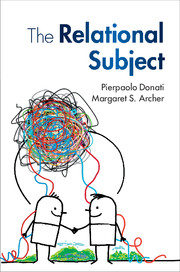The Reflexive Imperative in Late Modernity
$46.99 ( ) USD
- Author: Margaret S. Archer, École Polytechnique Fédérale de Lausanne
- Date Published: May 2012
- availability: This ISBN is for an eBook version which is distributed on our behalf by a third party.
- format: Adobe eBook Reader
- isbn: 9781139369268
Find out more about Cambridge eBooks
$
46.99 USD
( )
Adobe eBook Reader
Other available formats:
Hardback, Paperback
Looking for an examination copy?
This title is not currently available for examination. However, if you are interested in the title for your course we can consider offering an examination copy. To register your interest please contact [email protected] providing details of the course you are teaching.
-
This book completes Margaret Archer's trilogy investigating the role of reflexivity in mediating between structure and agency. What do young people want from life? Using analysis of family experiences and life histories, her argument respects the properties and powers of both and presents the 'internal conversation' as the site of their interplay. In unpacking what 'social conditioning' means, Archer demonstrates the usefulness of 'relational realism'. She advances a new theory of relational socialisation, appropriate to the 'mixed messages' conveyed in families that are rarely normatively consensual and thus cannot provide clear guidelines for action. Life-histories are analysed to explain the making and breaking of different modes of reflexivity. Different modalities have been dominant from early societies to the present and the author argues that modernity is slowly ceding place to a 'morphogenetic society' as meta-reflexivity now begins to predominate, at least amongst educated young people.
Read more- Margaret Archer is one of Europe's leading sociologists with a worldwide reputation
- Brings Archer's influential work on 'reflexivity' to bear on young people's view of the world and how they make choices
- Provides a new history of reflexivity (how people see their place in the world), never attempted before
Reviews & endorsements
"In critiquing the theory of reflexive modernity, Archer provides a valuable service in questioning such a focus … an important and welcome critique insofar as it argues, in contrast to reflexive modernization theory, that structural and cultural changes are behind this trend."
Jonathan Joseph, Journal of Critical RealismCustomer reviews
Not yet reviewed
Be the first to review
Review was not posted due to profanity
×Product details
- Date Published: May 2012
- format: Adobe eBook Reader
- isbn: 9781139369268
- contains: 25 b/w illus.
- availability: This ISBN is for an eBook version which is distributed on our behalf by a third party.
Table of Contents
Introduction
1. A brief history of how reflexivity becomes imperative
2. The reflexive imperative versus habits and habitus
3. Re-conceptualizing socialization as 'relational reflexivity'
4. Communicative reflexivity and its decline
5. Autonomous reflexivity: the new spirit of social enterprise
6. Meta-reflexives: critics of market and state
7. Fractured reflexives: casualties of the reflexive imperative
Conclusion
Methodological appendix.
Sorry, this resource is locked
Please register or sign in to request access. If you are having problems accessing these resources please email [email protected]
Register Sign in» Proceed
You are now leaving the Cambridge University Press website. Your eBook purchase and download will be completed by our partner www.ebooks.com. Please see the permission section of the www.ebooks.com catalogue page for details of the print & copy limits on our eBooks.
Continue ×Are you sure you want to delete your account?
This cannot be undone.
Thank you for your feedback which will help us improve our service.
If you requested a response, we will make sure to get back to you shortly.
×
